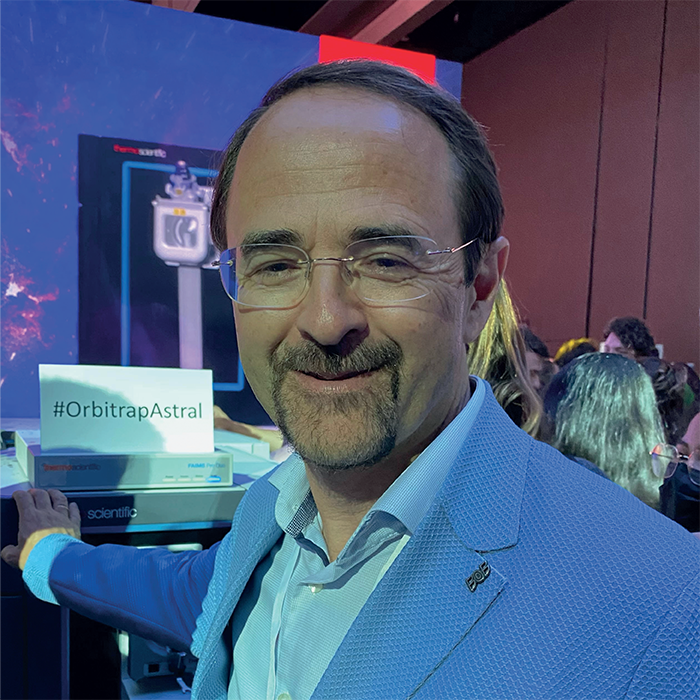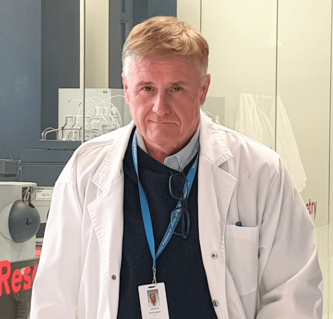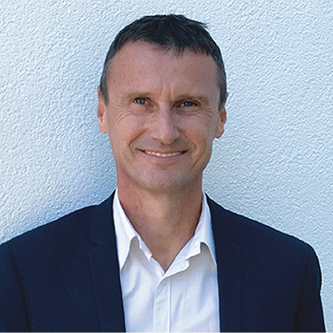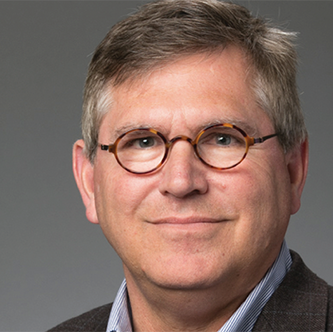Alexander Makarov: My recommendations depend on the age and aspirations of each particular scientist! For STEM students I would recommend “And Suddenly the Inventor Appeared…” by Henrich Altov. For PhD students and postdocs, I would recommend science fiction from Stanislaw Lem (for example, “Return from the Stars'” or “Invincible”) or from the Strugatzki brothers (for example, “Monday Starts on Saturday,” “It is Difficult to be a God”). People interested in popular science would find benefit in “Germs, Guns, and Steel” or “Collapse” by Jared Diamond. Meanwhile, I would advise novel enthusiasts to read “War and Peace” by Leo Tolstoy.
Jeremy Nicholson: “The Ascent of Man” by the mathematician and humanitarian Jacob Bronowski. Originally a 13-part documentary series on the BBC back in 1973, which is still available and well worth seeing. This is a remarkable work that combines the history of science in the background of the evolution of art and culture (on which he also wrote many books). A remarkable achievement from one of the most intellectually complete individuals of the 20th century. Any aspiring scientist should read this and his other works emphasizing the importance of humanity in science while underpinning the reasons why we should do science at all.

Alexander Makarov |

Jeremy Nicholson | |
Gert Desmet: At the risk of immediately putting people off, I would like to recommend a mathematician’s biography: “The Man Who Loved Only Numbers,” which tells the story of Paul Erdös – a famous Hungarian mathematician. The book is not about his math, but about the exceptional way he conducted his research. Instead of working on his own themes and pursuing his own favorite ideas, he wandered through his field by going from collaboration to collaboration, continuously exploring new horizons and thus creating new challenges for himself. This obviously created a lot of great math, to the extent that all his co-authors eventually got referred to by the Erdös number one, and the people with whom they co-authored in turn got an Erdös number two, and so on (Erdös himself is zero, of course). Today, mathematicians all over the world brag to each other about how low their personal Erdös number is. But foremost, all these collaborations made his life very rich, as it was full of friendships and new encounters.
John Yates III: I’ve got two recommendations: “The Entrepreneurial State: Debunking Public vs. Private Sector Myths” by Mariana Mazzucato, and “Where Good Ideas Come From: The Natural History of Innovation” by Stephen Johnson. The first book puts forth the idea that only governments have the stamina and patience to fund high-risk, long-term research – not venture capitalists or industry. The second book studies the process of innovation with both examples and stories. Innovations are often the product of past experiences and prepared minds.

Gert Desmet |

John Yates III | |
Credit: All headshots supplied by interviewees




